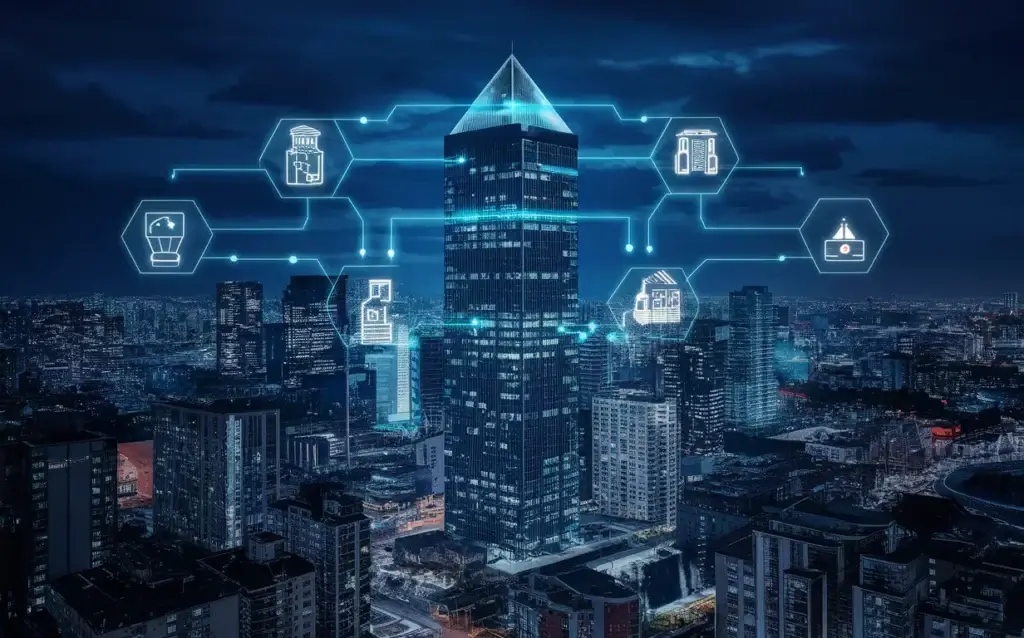CPIP: What is it about intelligent buildings?
Intelligent buildings, also known as smart buildings, are modern structures that integrate advanced technologies to achieve energy efficiency, safety, comfort and operating cost optimisation. These buildings use a network of sensors, actuators and control systems to collect, analyse and respond to data. The main objective is to create an efficient and sustainable building environment that optimally meets the needs of users. The functionalities of intelligent buildings include Automatic adjustment of lighting and indoor climate Monitoring and [...]
CPIP: What is it about intelligent buildings? Read more »



